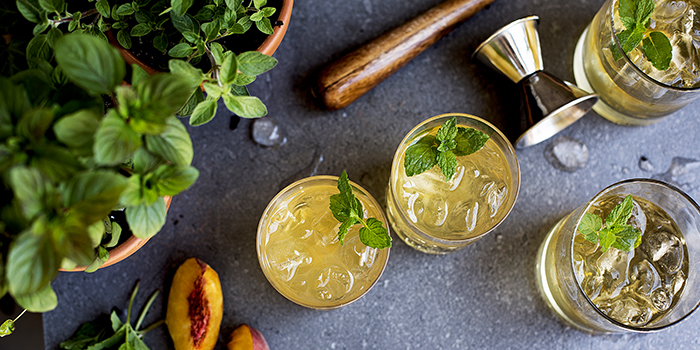Incorporating Seasonality into The Management of Your Bar
The term seasonal often brings spring to mind. Full of fresh herbs and fresh fruits, spring is really when the natural world starts coming alive and we can begin enjoying the fruits of mother natures labour. However, seasonal actually refers to the temporal seasons and these change and evolve throughout the year. The desires of your customers will change and evolve with them and so must your location.
Here are some top tips for optimally preparing your location to make the most of these changes and to be as successful as possible in each season.
Prioritising your Storeroom
Space is always lacking in any venue, so use your knowledge of seasonality to your advantage. In the summer white wine is more popular than red wine, and in the winter the opposite is true. Fruity cocktails are really a spring and summer thing, and more people will warm their cockles with whiskey in the winter.
With this in mind, don’t let cases of fruit juice, or white wine clog up your storage area for the winter. Use your POS reports as indicators for change. If you’re the one who fills out the orders every week then you’ll notice what you are and are not selling as the seasons change. Be smart, adjust your pars accordingly and create more space for yourself.

Watch Your Prices
Are you using lots of fresh citrus, fresh fruit or fresh herbs in your cocktail menu? Prices of these items will fluctuate with availability, which fluctuates with the seasons. As a general rule fresh produce gets more expensive over the winter months, although all produce has its own specific season.
Make sure you keep an eye out for any price hikes in your fresh produce and take note of them. They could have a big impact on your bottom line. An excellent tip is to preempt these rises and to keep them in mind when you’re pricing your cocktail menu, if you can use data from the years past then even better.
Seasonal Beers
Seasonal beers are popular for a reason and if you have a rotating tap selection you’ll have suppliers clamouring to get their product on there. But don’t just jump at the first one made available or the cheapest, make sure you’re smart about it. Darker beers in the colder winters and lighter more refreshing beers for the warmer summers. Keep an ear out for what your customers are asking for; Oktoberfest beers are becoming increasingly popular and almost all major craft brands produce one nowadays.

Cheap might be better for your bottom line but if cheap doesn’t sell then you’ll be stuck with half a keg of beer you can’t sell because it’s now out of season, and now it’s no longer good for your bottom line. A beer that costs you a little more and suits the season and your clienteles demands is going to be much easier to sell and will positively impact your future business.
What’s in the Kitchen?
If you’re changing your cocktail menu twice a year to complement the seasons or a menu change then always consider what’s available on site. Cocktails made with fresh ingredients are a hot thing during the summer, and fresh herbs and fruits will be readily available from your kitchen.
It might be nice to order in a special ingredient for a cocktail but if that cocktail doesn’t sell then you will end up marking down that produce as wastage. If you can use ingredients for multiple things then that’s going to be excellent for your bottom line.

Don’t have a kitchen? You can still use that ingredient. Just try and incorporate it into more than one drink, or find ways to increase its life span; infusions, juicing and freezing etc.
Seasonality is in, and it’s hard to avoid. Indeed, you won’t want to avoid it because it can give you that edge above your competition and help to keep you “fresh”. every time a new season starts consider all the points above and you’ll find that things will running a lot smoother. Being prepared for seasonal changes helps to protect your bottom line, makes sure you’re not caught off guard and helps to keep your business out in front of the pack.



